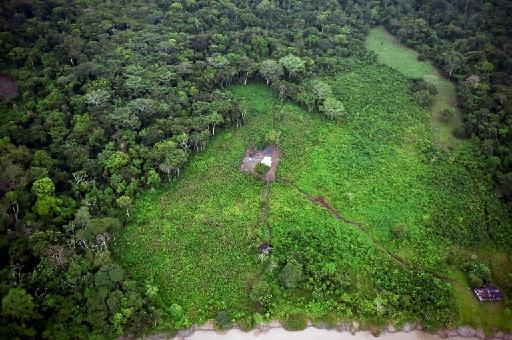The International Union for the Conservation of Nature (IUCN) adopted motions on issues ranging from the conservation of the Amazon Forest to the protection of marine mammals at its World Conservation Congress, which ended on Friday in Marseille.
The non-binding motions set the direction and levels of ambition of the international organization, whose 1,400 members include States, governmental agencies, non-governmental organisations, indigenous peoples and business associations.
One of the key motions adopted at the Congress calls on IUCN members to support conservation targets in each zone with the aim of protecting, conserving and sustainably managing at least 80% of the Amazon by 2025 in cooperation with indigenous peoples.
It was approved by 100% of the IUCN’s members, according to Mamadou Diallo, a member of the presidency of the Congress, which was livestreamed from Marseille.
The Congress also adopted, by an overwhelming majority, a motion to strengthen the protection of marine mammals through regional cooperation, including by establishing strengthened protection areas and by taking protective measures such as closed fishing seasons and speed limits for boats.
Marine mammals requiring such protection include dolphins. In recent years, massive quantities of these aquatic animals have been beached along French shores, prompting the French government to take action. However, NGOs present in Marseille asked for stronger action, such as temporary suspensions of fishing in the Bay of Biscay based on recommendations by scientists.
France made a commitment to achieve 30% of protected areas nationally by 2022 and have 5% of its Mediterranean maritime area under strong protection by 2027, IUCN said in a press release issued at the end of the Congress.
The meeting also saw over 30 subnational governments, cities, partner organisations and IUCN agree to expand universal access to high-quality green spaces.
Participants also agreed “to enhance urban biodiversity in 100 cities, representing around 100 million citizens by 2025”, and to assess their impact according to the Urban Biodiversity Index, according to the press release.
The Brussels Times

